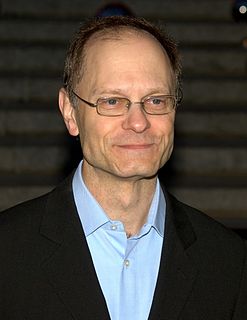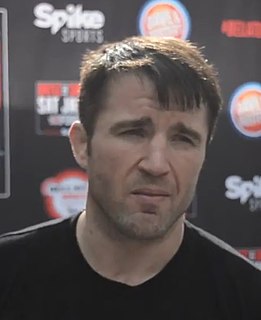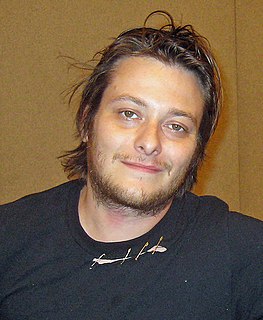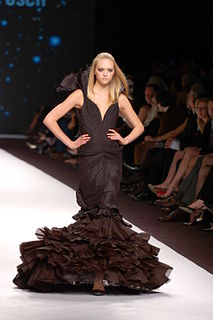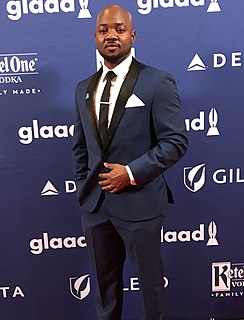A Quote by James Frecheville
Usually being a young actor, you've got to go through certain levels of hierarchy, going through bit parts and extra roles and then kind of progressing up the food chain and having the size of your roles grow in that sense.
Related Quotes
It's true in the beginning I started playing villains, and I think that's pretty clear, because if you don't conventionally look a certain way and you've got a certain kind of presence when you're young, then what's available to you is character roles, and the best character roles when you're young tend to be villains.
You have to get out of your comfort zone in order to grow. And as an actor, you don't become Meryl Streep by doing the same type of comedy. You get there by being challenged. And unfortunately, there's a lack of roles for women of color, so you actually have to be the engineer creating some of those roles.
I go to practice each and every day, but my intensity is not the same. If I get tired, I'll go sit down. If I want some water, I'll go drink it. When I'm in training camp, I don't. I've got to push through being tired. I've got to push through being uncomfortable. That's really it. It's largely a mentality. You kind of flip that switch and turn your intensity up. Your heart rate goes up. Your reps go up. And you start to get in the frame of mind.
I think of being an actor as kind of a young man's gig. It's emasculating, in a way, people messing with you and putting make-up on you and telling you when to wake up and when to go to sleep, holding your hand to cross the street. I can do it up to a certain point, and then I start to feel like a puppet.
I wanted to play characters that were going to make me better and really challenge me to raise my skill level up or that were just interesting to me personally. I want to be the best actor I can be, and I want to be the most creative actor I can be. I want to take on roles that will move the chain to where I finally want to go.



